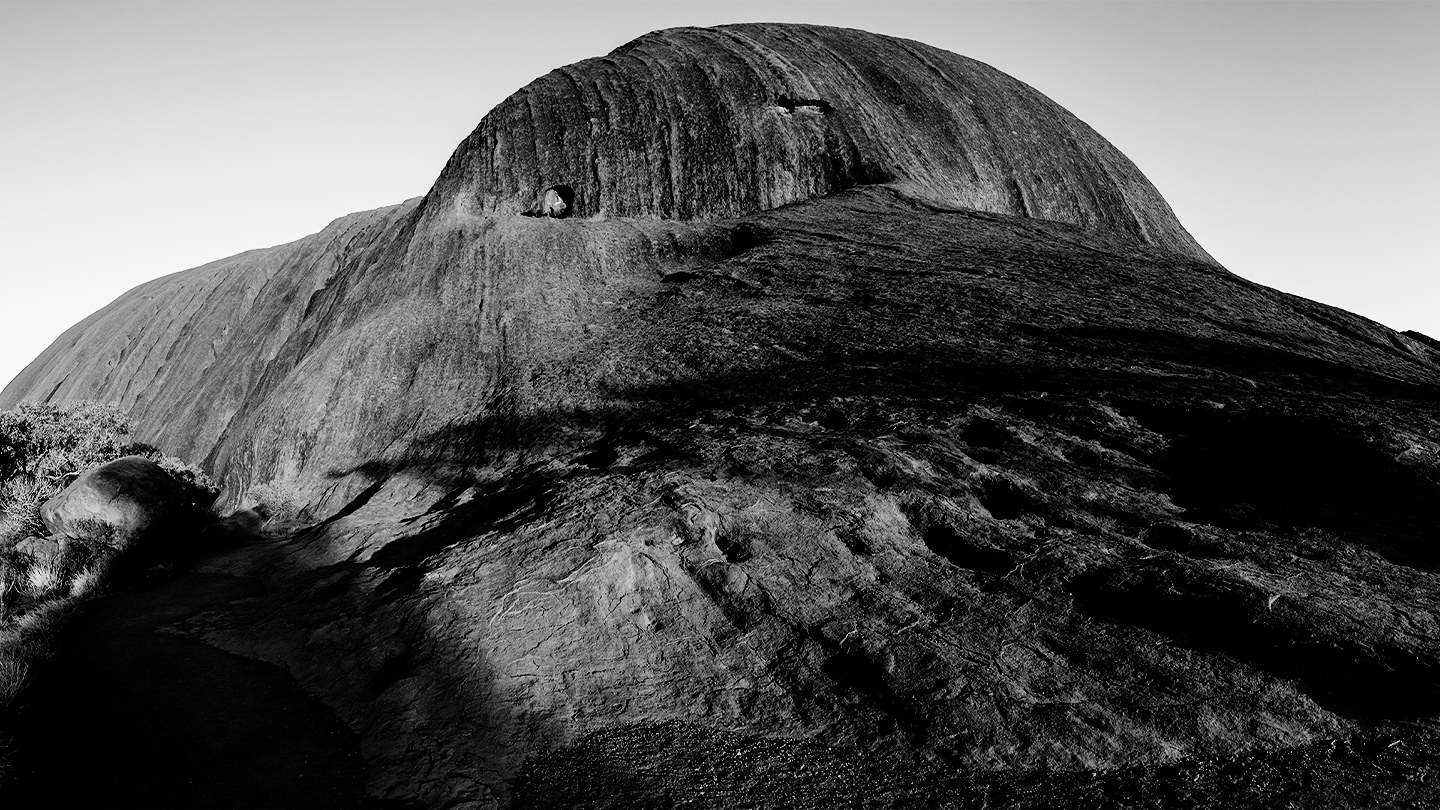Water rights advocacy 2004-present
Over the past two decades of water reform, Aboriginal People have consulted widely within their communities and been consistent about what recognising and accommodating unceded rights to water means.
An inclusive gathering which articulated Aboriginal Peoples’ views regarding water was the Boomanulla Conference in 2002. Here, it was specified that ‘[a]ccess to water should be seen as a matter of social justice allowing Aboriginal communities priority access to the water market (that is through provision of allocation of water licences to Aboriginal people through an appropriate management structure such as a Trust)’ ().
In 2004, AIATSIS published a research discussion paper which set out the precedence and principles of Aboriginal water rights in the context of Australian water law in the Murray Darling Basin (). Importantly, it outlined how Aboriginal rights and interests in water are the next priority after essential human water needs and the environment.
In November 2007, the Echuca Declaration was published. It was endorsed by the Murray Lower Darling Rivers Indigenous Nations (MLDRIN) delegates. The Declaration is a commonly referred to expression of Aboriginal demands for water for cultural purposes. It stated that 'Cultural Flows’ are water entitlements that are legally and beneficially owned by the Indigenous Nations of a sufficient and adequate quantity and quality to improve the spiritual, cultural, environmental, social and economic conditions of those Indigenous Nations (). In the decade that followed, the Declaration was endorsed by Northern Basin Aboriginal Nations and the North Australian Indigenous Land and Sea Management Alliance ().
In 2012, the First Peoples Water Engagement Council (an advisory body to the National Water Commission) held the First Peoples’ National Water Summit, involving over 70 delegates. Here, prescriptive recommendations were made, including:
-
all water plans must have an Aboriginal water allocation
-
upon reviewing water management law, all Australian governments should enshrine in future legislation provision for Indigenous engagement
-
Aboriginal access to water and capacity building to allow Aboriginal Australians full and effective participation in water planning and management
-
the Council of Australian Governments (COAG) should create and implement a National Aboriginal Water Strategy; and
-
an Aboriginal Economic Water Fund or funds should be established with States to implement the strategy’ ().
In 2014, the National Native Title Council submission to the Expert Panel on the review of the Water Act 2007 (Cth) recommended: -
involvement of Indigenous people at all levels of water planning and management
-
provision for specific cultural flows entitlements
-
provision for specific economic entitlements
-
investment in further research
-
investment in capacity building, and
-
provision of irreversible law and safeguards against inconsistent application of planning and management provisions ().
Despite Aboriginal communities stating what is an appropriate recognition of their rights to water within the existing laws, little has materialised into real and substantive change (). Aboriginal people have been consulted many times by a number of Federal and State agencies, and there is evidence that among communities there is consultation fatigue and desire for actioning consultation outcomes (; see Case Study documents).
The law and policy in this subject is accurate as of 1 July 2022.
